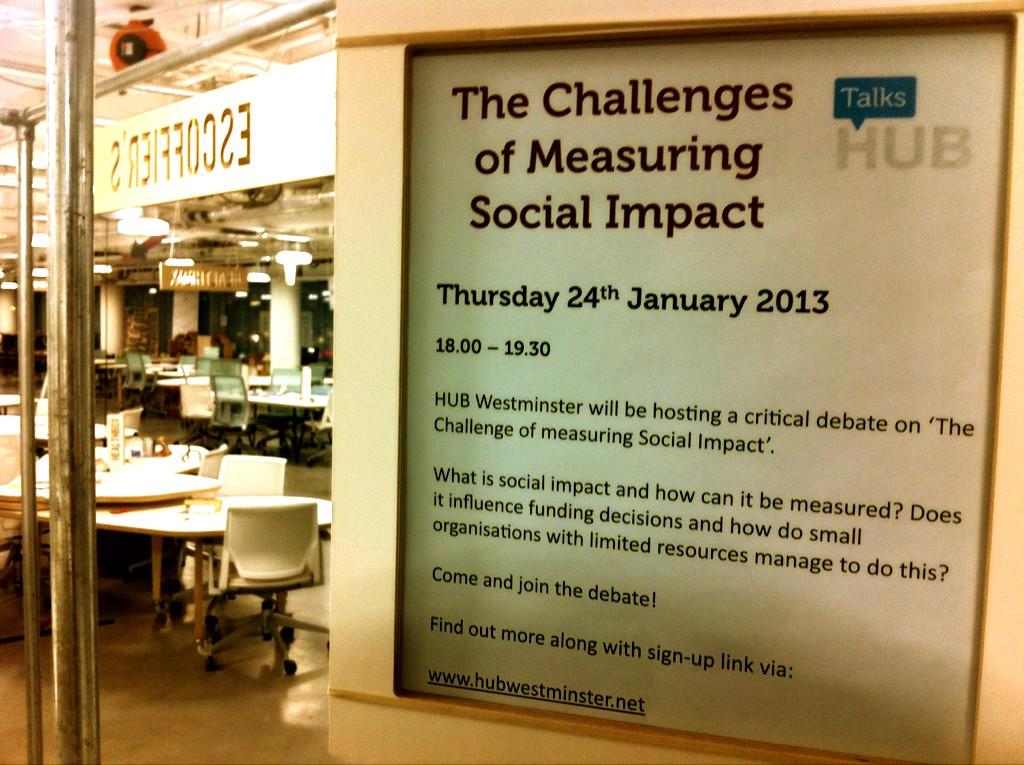 “Social media is a fundamental shift in the way we communicate. All the time online conversations are happening about you, your brand and your organisation. It’s not a choice whether you DO social media, the choice is how well you do it” Erik Qualman author of socialnomics.
“Social media is a fundamental shift in the way we communicate. All the time online conversations are happening about you, your brand and your organisation. It’s not a choice whether you DO social media, the choice is how well you do it” Erik Qualman author of socialnomics.
Social networking has the potential to put the “social” back into social work and social care. So it is sad to note how few care organisations are actually engaged and using social media to communicate and debate with an increasingly diverse group of stakeholders. Children and adult care is on the edge and urgently needs public support to show politicians that there is widespread support for properly funding the services which millions of people rely on daily. How could we be using social media to counter the negative media perceptions and reporting about social work and care services?
Twitter is a rich source of instantly updated information and it is how I stay updated on an incredibly wide variety of topics. What makes a care tweeter valuable? Generously sharing knowledge, passions and links to useful resources and blogs. Listening, challenging, informing and making a difference.
If you are an organisation funded to engage with the public you need a strategy for responding to questions and comments online. This should include contact details for senior staff which is available on your website.
What is a turn off? Broadcasting, constantly selling and promoting yourself, not listening or interested in conversations which may be critical of your organisation. Having a Twitter, Facebook or LinkedIn profile and rarely updating shows a real lack of interest in being social. I will leave you to judge how social our care tweeters are!
This should be a simple request but…. it does require an understanding of the complicated and fragmented social work and social care sectors. Care services are provided by a diverse range of providers including local authorities, health, housing, charities, social enterprises and the private sector. This list focuses on organisations and individuals who have a specific social work or social care brief.
Who is currently using Twitter?
Association of Directors of Adult Social Services @ADASSdclode
Eddie Clarke Director Adult Social Services Worcestershire @eddiec10
Sarah Pickup President ADASS and Director Hertfordshire @adassspickup
Sherry Malik Director of Children & Adults, LB Hounslow @sherry_malik
Lorna Payne Group Director Adults and Health LB Havering @Lorna_Payne
Barnet Council’s Adult Social Care and Health Service @lbbadults
Sean McLaughlin Director of Housing and Adult Social Services @SeanMcLaughlin
Simon Birch Director of Social Services in Monmouthshire @MCCSimonBurch
The Association of Directors of Children’s Services are not using Twitter
Dave Hill Director of Children’s Services Essex County Council @DCSEssex
Social Care Service Managers
James Lampert Social care Commisioner Kent County Council @uk_james
Guy Stenson Service manager (planning & partnerships), Children, Adults and Health South Gloucestershire Council @guystenson
British Association of Social Workers @BASW_UK
Awaiting confirmation of whether the Chair and CEO are using Twitter
Care Quality Commission @CareQualityComm
Chair David Prior and CEO David Behan are not using Twitter
Care Providers
Bill Mumford CEO Macintyre, Chair of VODG and on @TLAP1 Board @billatmacintyre
Centre for Workforce Intelligence @C4WI
Peter Sharp CEO @CfWICEO
Rhidian Hughes Head of Social Care @rhidianhughes
Children’s Commissioner for England
Maggie Atkinson @ChildrensComm
College of Social Work @CollegeofSW
Awaiting confirmation of whether the Co-Chairs and Interim CEO are using Twitter
Disabled People’s User Led Organisations (DPULOs)
Rich Watts National Lead for Disabled People’s User Led Organisations (DPULOs) @rich_w
Kings Fund @RichardatKF Senior Fellow
National Skills Academy for Social Care @NSASocialCare
Awaiting confirmation of whether the Chair and CEO are using Twitter
Skills for Care @skillsforcare
A disappointing response especially when there is a lack of clarity about the role of Skills for Care and the planned amalgamation with the National Skills Academy for Social Care.
Social Care Institute for Excellence @SCIE_socialcare
Current Chair not on Twitter
CEO Andrea Sutcliffe @Crouchendtiger7
Think Local Act Personal Partnership @TLAP1
Programme Director Sam Bennett @samhbenn
Scotland (links thanks to @jonbolton )
Wales
Care Council for Wales @CareCouncil
No doubt I will be adding to the list. Do let me know if I have missed any social care tweeters you feel I should add to the list.




